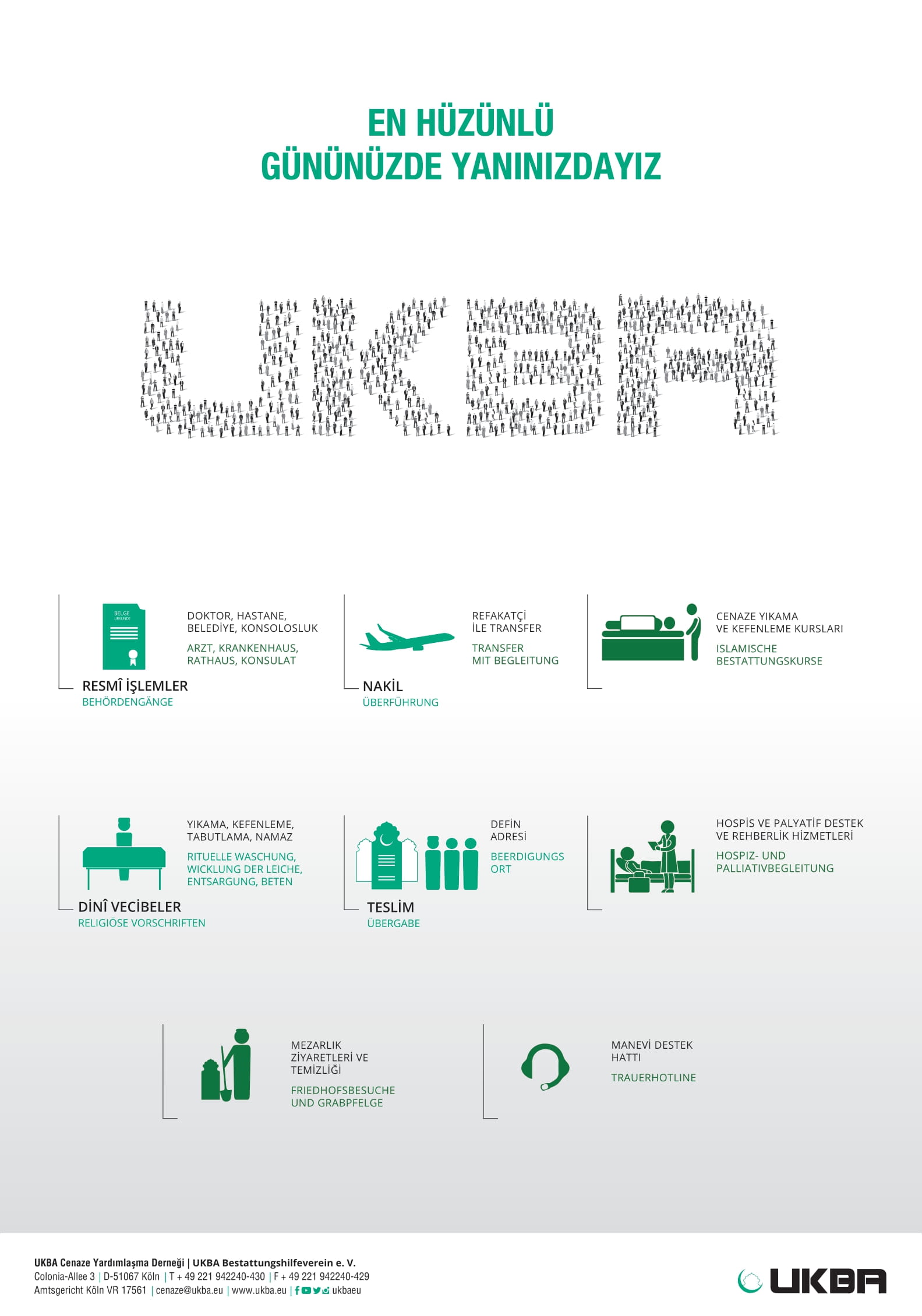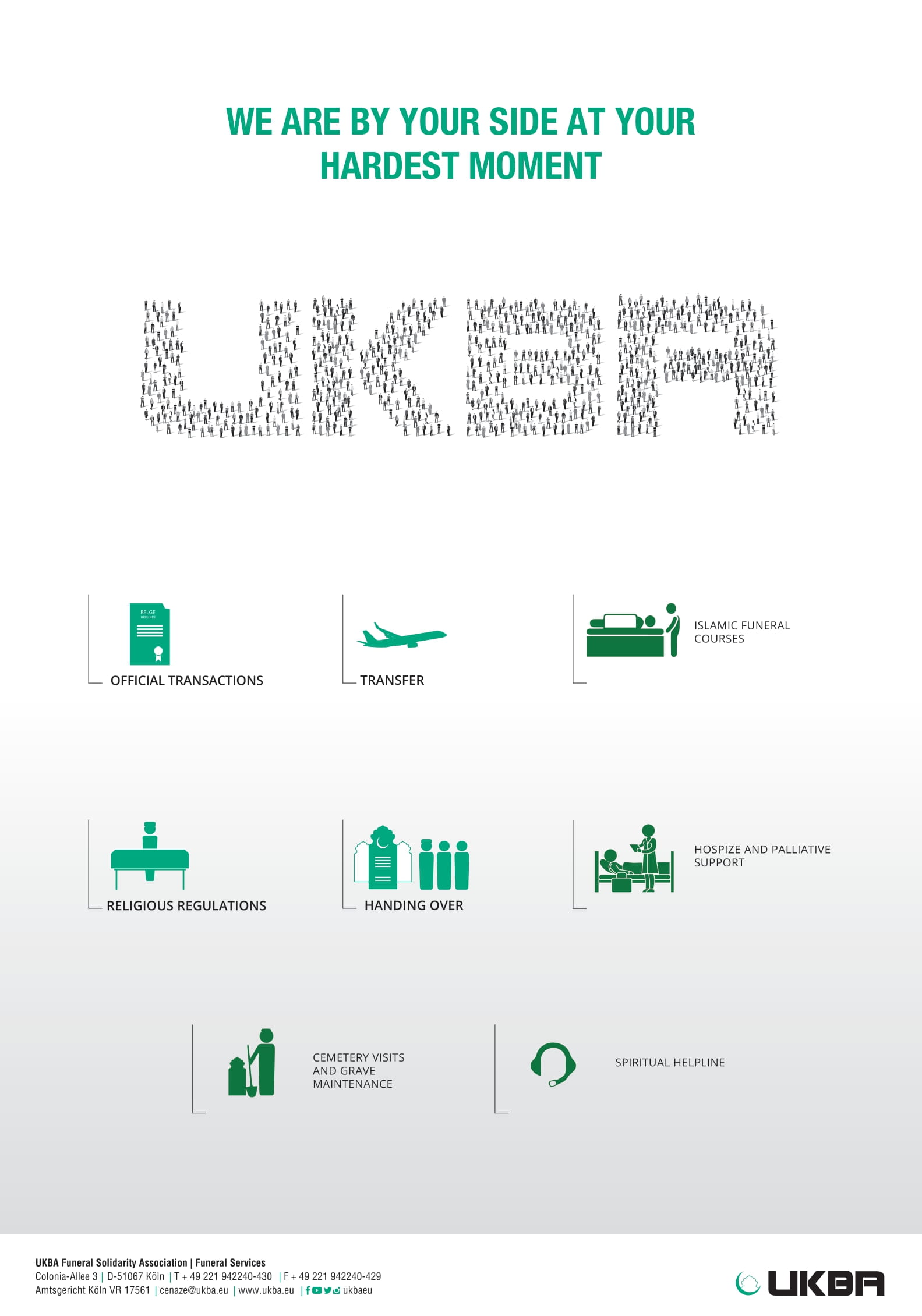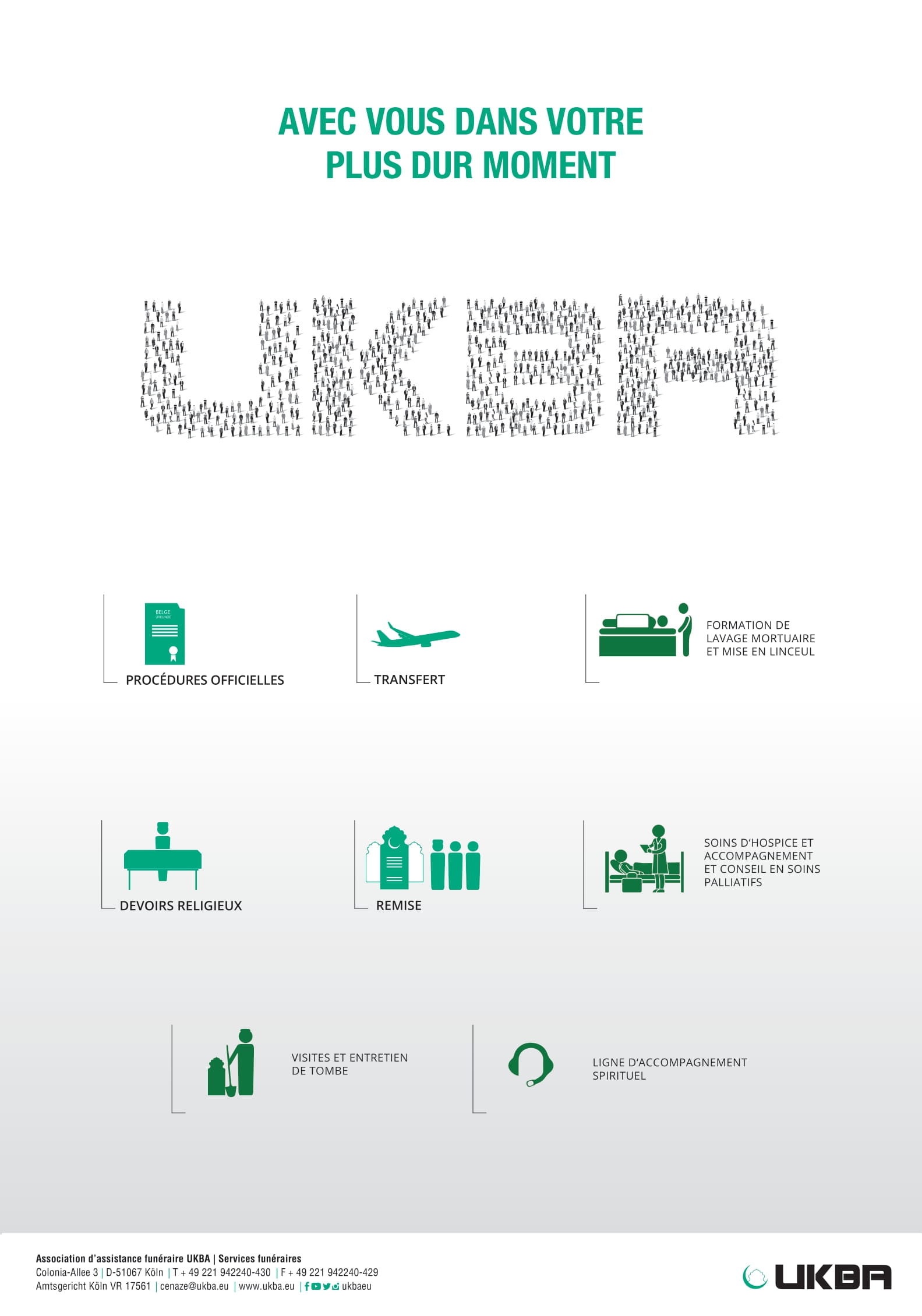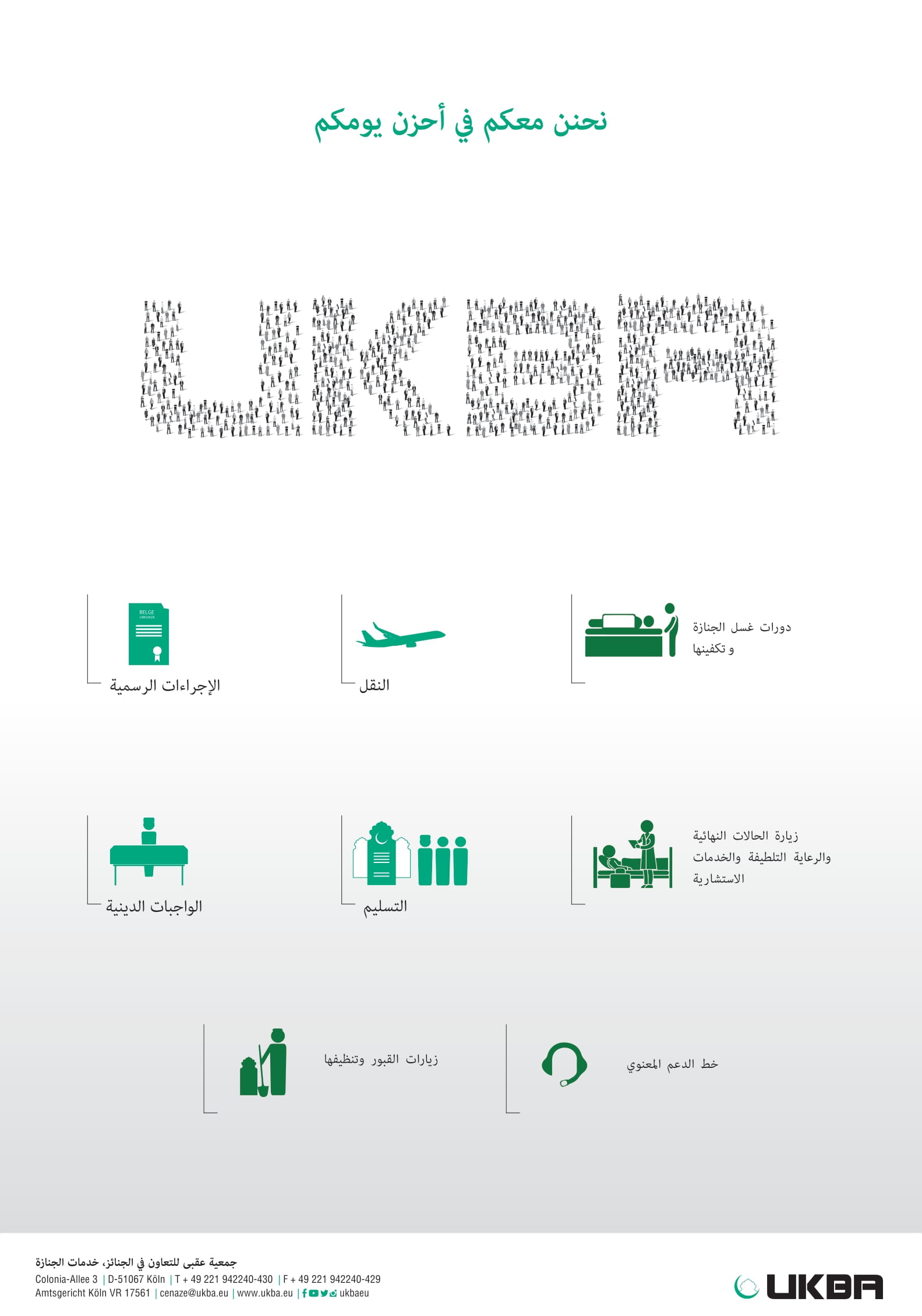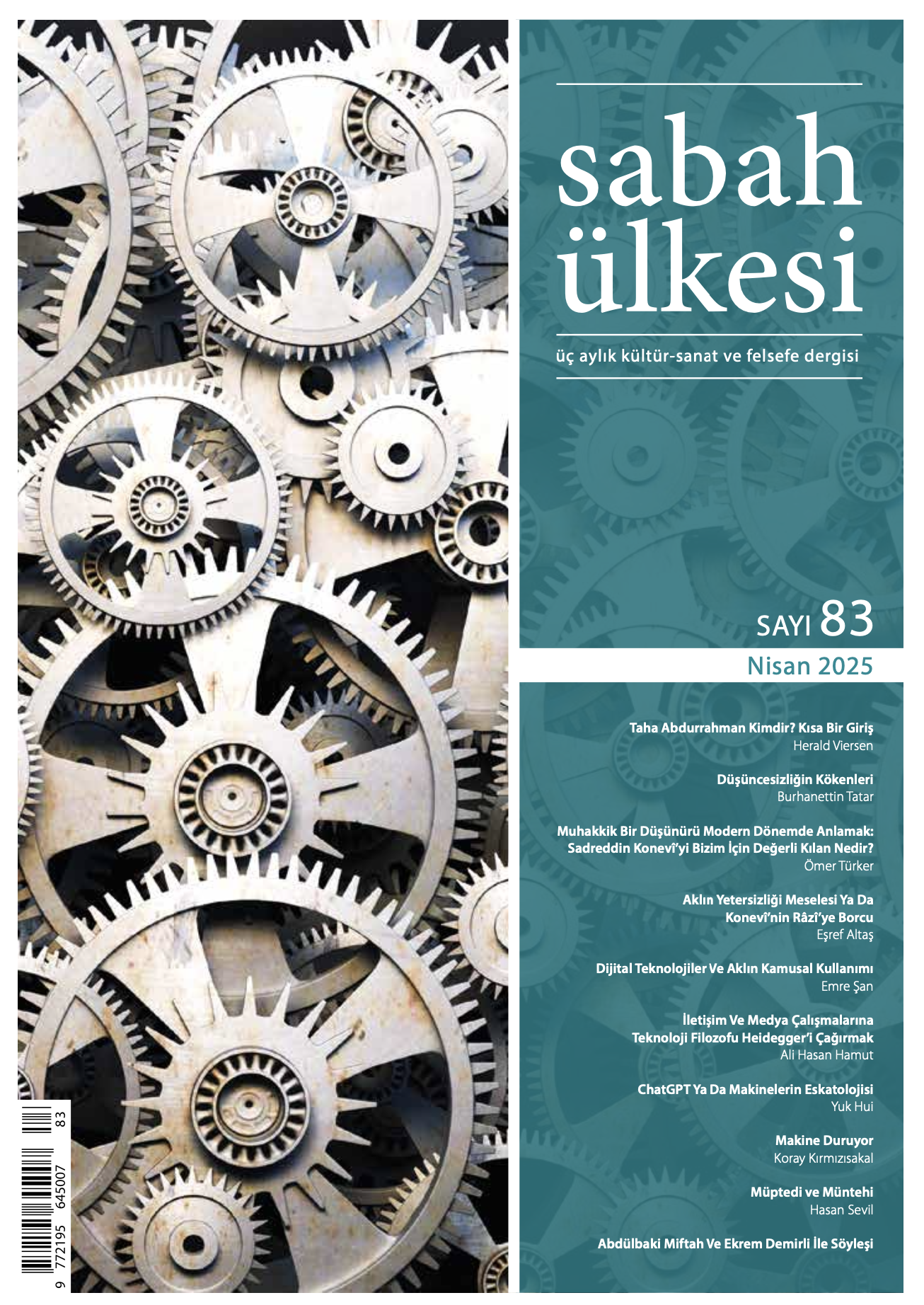Friday Khutba
Business and Trade Ethics
08. June 2023
Dear Brothers and Sisters!
Engaging in work and commerce is an activity almost as old as human history itself. An individual cannot meet all their needs alone. Directly or indirectly, work and commercial activities are necessary to obtain the things one depends on. Meeting basic needs such as food, drink and clothing is possible thanks to the efforts and production of individuals. Every person will strive to showcase their abilities, contribute to society with diligence, and try to produce something. In our religion, Islam, it has commanded people to work diligently to provide for both their own needs and the needs of those they are responsible for. It has also emphasised the importance of acting within the legitimate framework and adhering to lawful means. It considers this effort as an act of worship. Allah (swt) mentions, “O you who have believed! Eat from the good things which We have provided for you and be grateful to Allah if it is [indeed] Him that you worship.”[1] Rasulullah (saw) has also said, “Seeking the lawful is a duty upon every Muslim.”[2] He stated and informed that earning from lawful means is an act of worship.
Dear Brothers and Sisters!
The observance of halal (lawful) practices, earning and consuming halal things, and staying away from haram (forbidden) are essential in determining the ethical boundaries and principles of work and commerce. It becomes evident that the disruption of societal harmony occurs when these principles and boundaries are violated. The Qur’an clearly states that engaging in injustice and unethical behaviour is condemned by Allah (swt),
Allah (swt) mentions in the Quran: “Woe to those who give short measure, those who, when they are to receive their due from people, demand it in full, but when they measure or weigh for them, give less than due. Do they not know that they will be resurrected?”[3] Therefore, work and commerce are not just worldly pursuits but also a means of attaining spiritual gains, as they are considered a form of worship.
Dear Jama’ah!
Adhering to the principles of work and commerce is a means to attain the Hereafter. If a Muslim displays good behaviour in their trade, they not only earn from lawful means but also represent their faith in the best possible way. Allah (swt) points to this by stating: “Surely those who recite the Book of Allah, establish prayer, and donate from what We have provided for them secretly and openly can hope for an exchange that will never fail.”[4]
Some of the commercial principles set by Islam are as follows: Honesty, loyalty, fairness, generosity, contentment, fulfilling promises, tolerance, justice, mutual consent, being careful in measurement and weighing, and refraining from dishonest, unethical, and illegitimate practices such as lying, cheating, deception, force, black market activities, bribery, and usury. By adhering to these principles, Muslims engaged in commerce are praised by the Messenger of Allah (saw) as he said: “The honest and trustworthy Muslim merchant will be with the prophets, the truthful, and the martyrs in Paradise.”[5]
Therefore, let us display a working life in both our professional and commercial activities that aligns with these Quranic and Prophetic principles. By doing so, we can simultaneously attain success in both this world and the Hereafter, and effectively represent Islam by introducing people to it in the most beautiful manner. This approach will make it easier and more fruitful to expose others to Islam.
[1] Surah Al-Baqarah, 2:172.
[2] Taberânî, el-Kebîr, 10/74, H. No: 9851; Beyhakî, es-Sünenü’l-Kübrâ, 6/128; Heysemî, Mecma’u’z-zevâ’id, 10/520.
[3] Surah Al-Mutaffifin, 83:1-4.
[4] Surah Fatir, 35:29.
[5] Tirmizî, Sünen, Büyu’ 4, 4/471, H. No: 1130.









